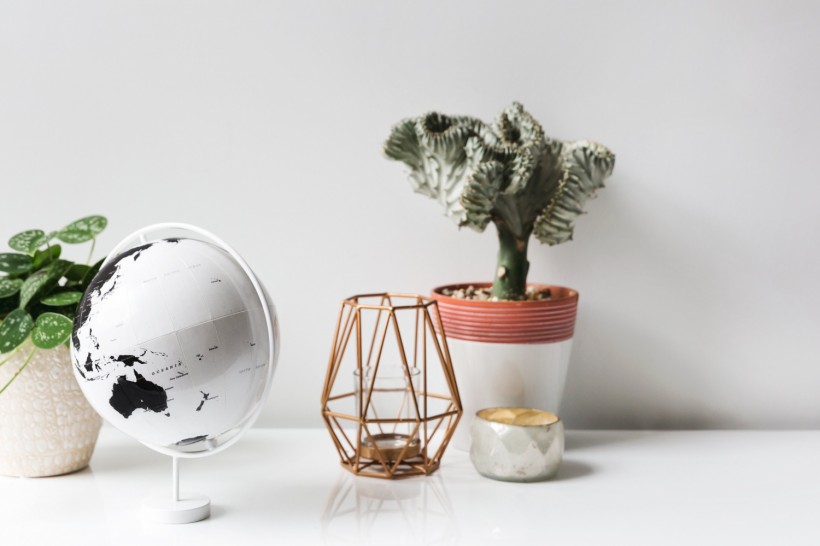
Indoor plants do not just beautify your house, it can also improve your overall health.
No one can deny that indoor, ornamental plants can add spice to the interior of your boring house. However, underneath this beauty is a long list of scientifically-proven benefits that will improve your overall health.
Below are the explanations of the experts on how houseplants improve our daily lives and why you should purchase and nurture one immediately.
1. Purifies air
It is probably common knowledge that plants can absorb greenhouse gases. The same is also true with indoor plants. In fact, according to research, common indoor toxins like formaldehyde and benzene can be eliminated with the help of indoor plants.
An example of toxins-absorbing plants is the Dracaena plant, which can remove at least 94 percent of acetone--a compound normally found in nail polish removers--within 12 hours.
According to Gary L. Altman, associate director of the Horticultural Therapy Programs at Rutgers, the ability of a plant to purify indoors varies depending on its size, the indoor space, and the amount of toxins in the air. For that, he suggested putting six to eight medium to large plants for a large room to improve the air quality.
2. Improves your mental well-being
The world is full of stressors nowadays. Toxic workplace, surging market price, name it. If you feel that you're burning out more frequently, then you might want to add plants in your room. According to Altman, actively maintaining your indoor plants is a perfect stress reliever.
Additionally, growing plants can also be therapeutic and can assist in a person's mental recovery process. As reported by the American Horticultural Therapy Association, aside from psychological problems like Post-Traumatic Stress Disorder (PTSD), this modality has been proven effective in reforming youth delinquents. It can also work on regaining lost skills or even vocational struggles like problem-solving.
And lastly, since growing a plant is not an easy task, you may feel some accomplishment if you succeed in doing so. "That is also good for your mental health," said Gwenn Fried, manager of Horticulture Therapy at NYU Langone's Rusk Rehabilitation.
3. Makes staying at home more comfortable
Plants have been proven to be effective in increasing the humidity of the room where it is located. It can also reduce noise, screen unattractive areas and even improve the room temperature, according to Altman.
The next time an empty space in your room triggers you, consider adding a plant on it instead of furniture or some decor.
4. Improves your productivity
Here is another surprising benefit: it can also boost your brain's functions when you are working.
According to a study by the University of Exeter, adding a plant to a previously bare office can improve employee productivity by around 15 percent. Another study published in the Journal of Environmental Psychology claimed that college students have a longer attention span when working on an office with plants.
This is actually still related to the plant's ability to reduce stress as "it improves an individual's calmness, which in turn promotes better concentration," said Altman.
5. Improves healing
Lastly, people who are surrounded by plants were observed to be using less pain medication and generally have better blood pressure and heart rate. Patients who are recovering from surgery felt less anxious and fatigue too.
Altman explained that it is because plants can convert a room to a "natural, living sanctuary" where people will feel safer and more protected.
Additionally, there are some indoor plants that are good medications for various common illnesses and injuries. For example, aloe vera can be used on skin irritations and burns, while the bay leaf is herbal medicine for migraine.
ALSO READ: These 5 Houseplants Are Good At Fighting Indoor Air Pollution
© 2024 NatureWorldNews.com All rights reserved. Do not reproduce without permission.


![Roundworms with Short Memories 'Stop Forgetting' When Frozen or Given Lithium [Study]](https://1471793142.rsc.cdn77.org/data/thumbs/full/70295/280/157/50/40/roundworms-with-short-memories-stop-forgetting-when-frozen-or-given-lithium-study.jpg)


